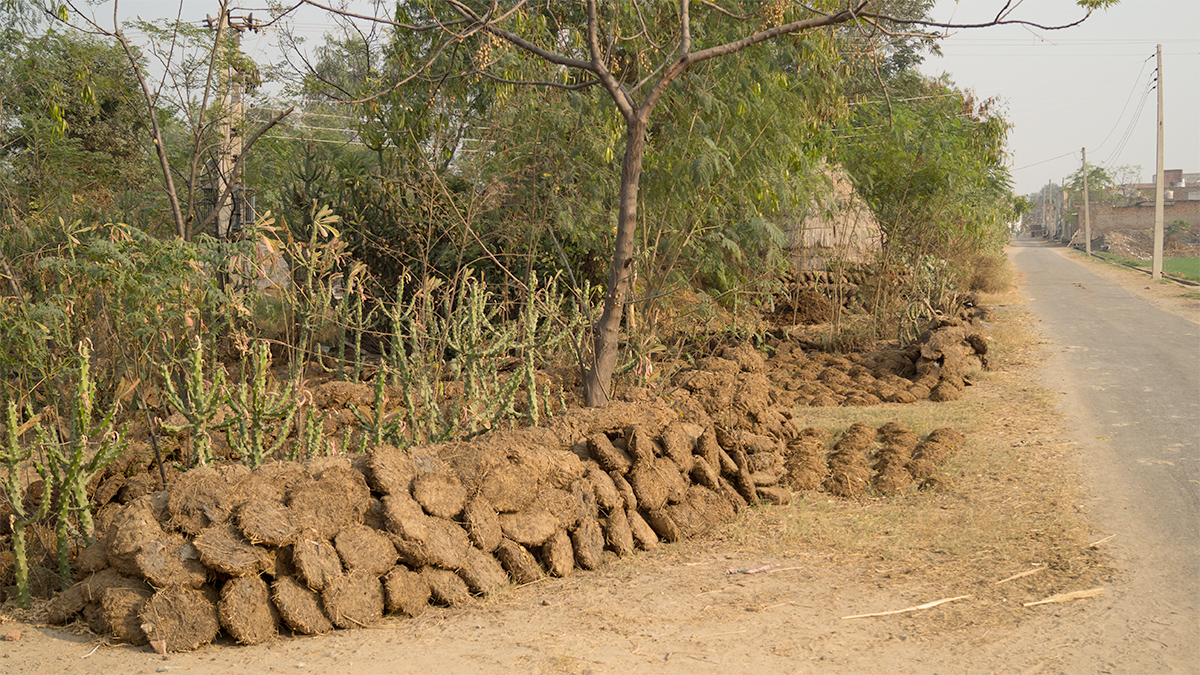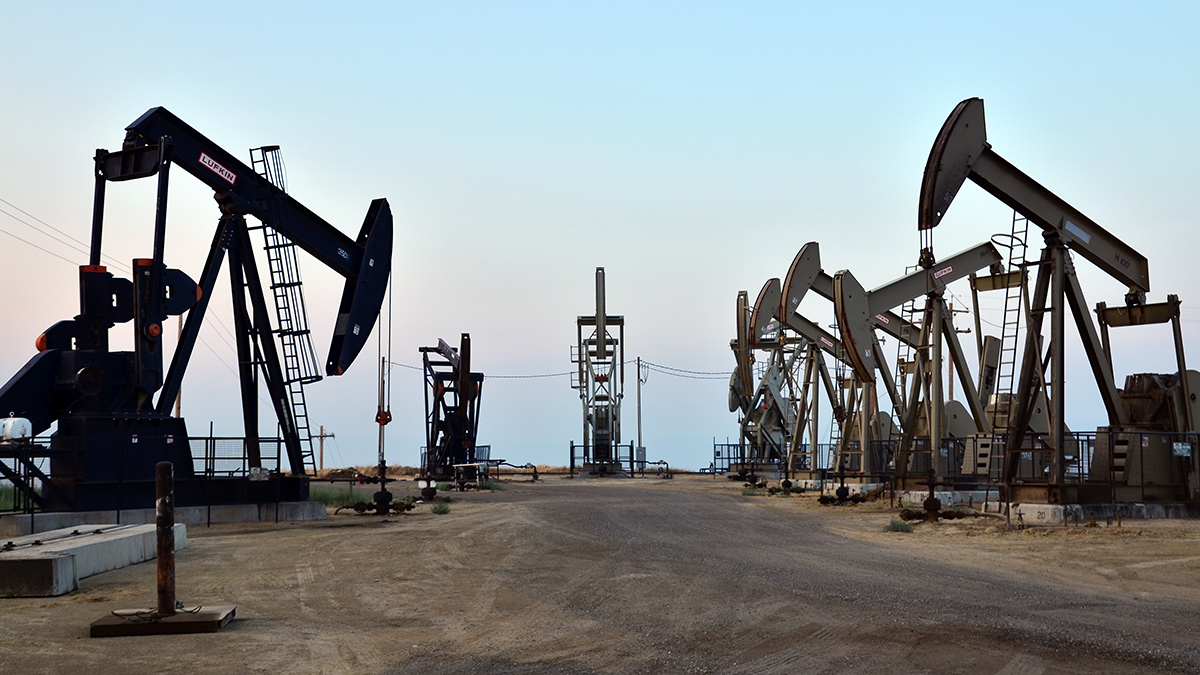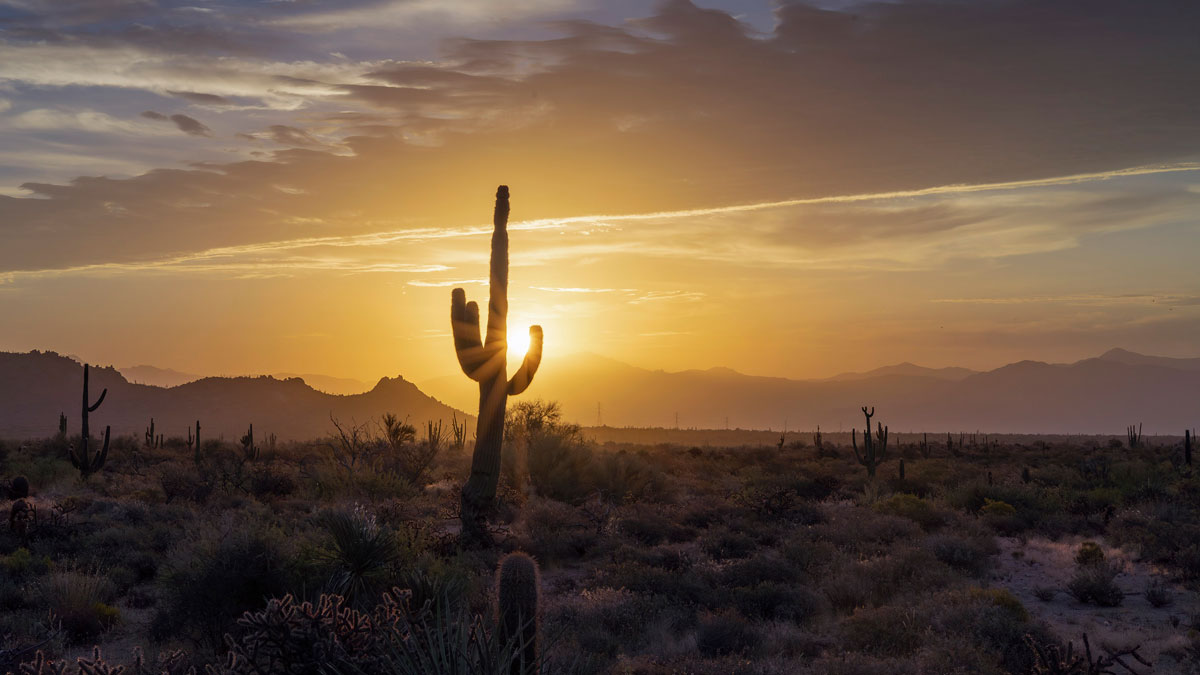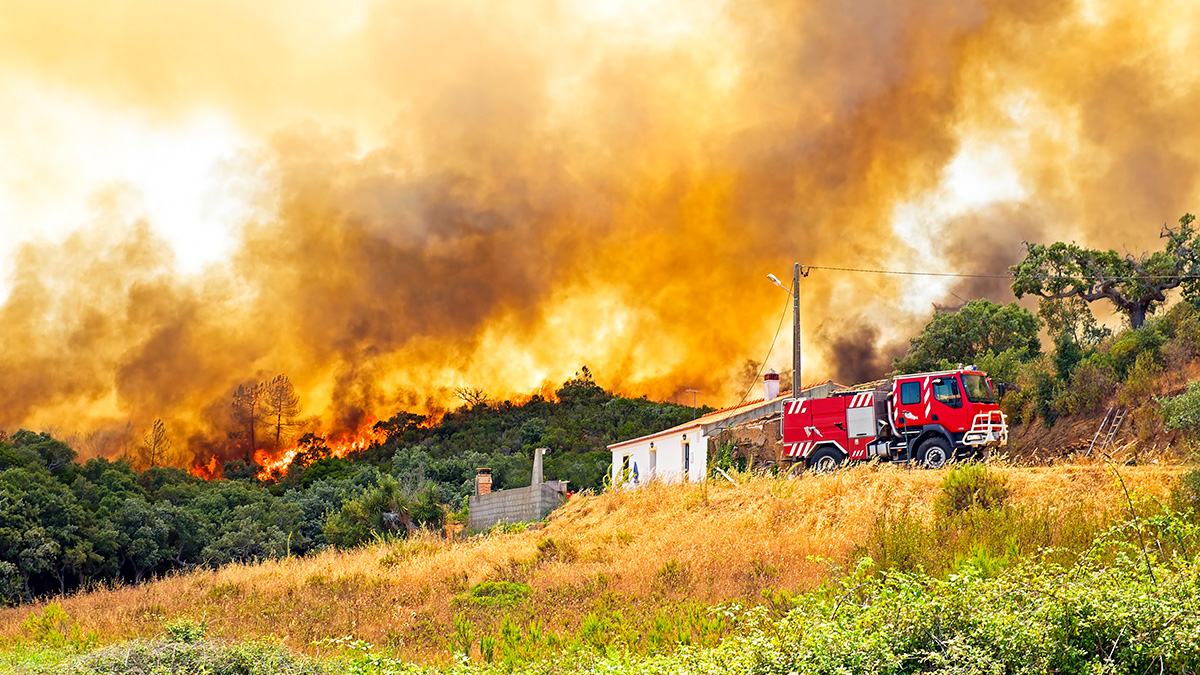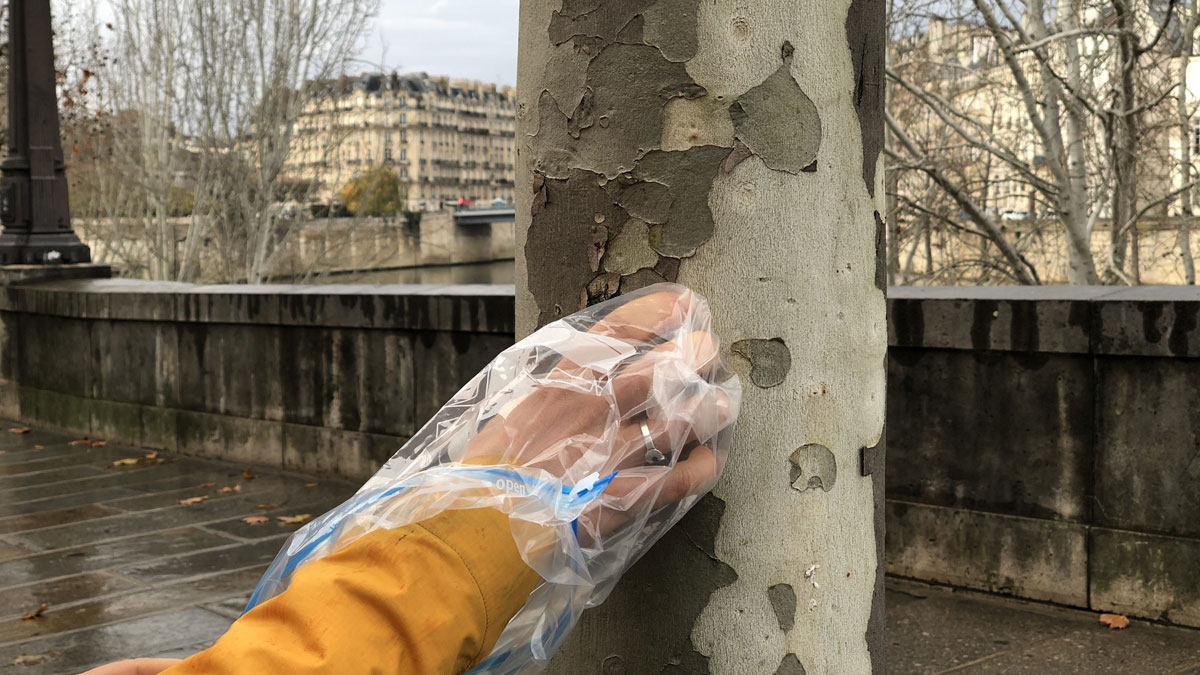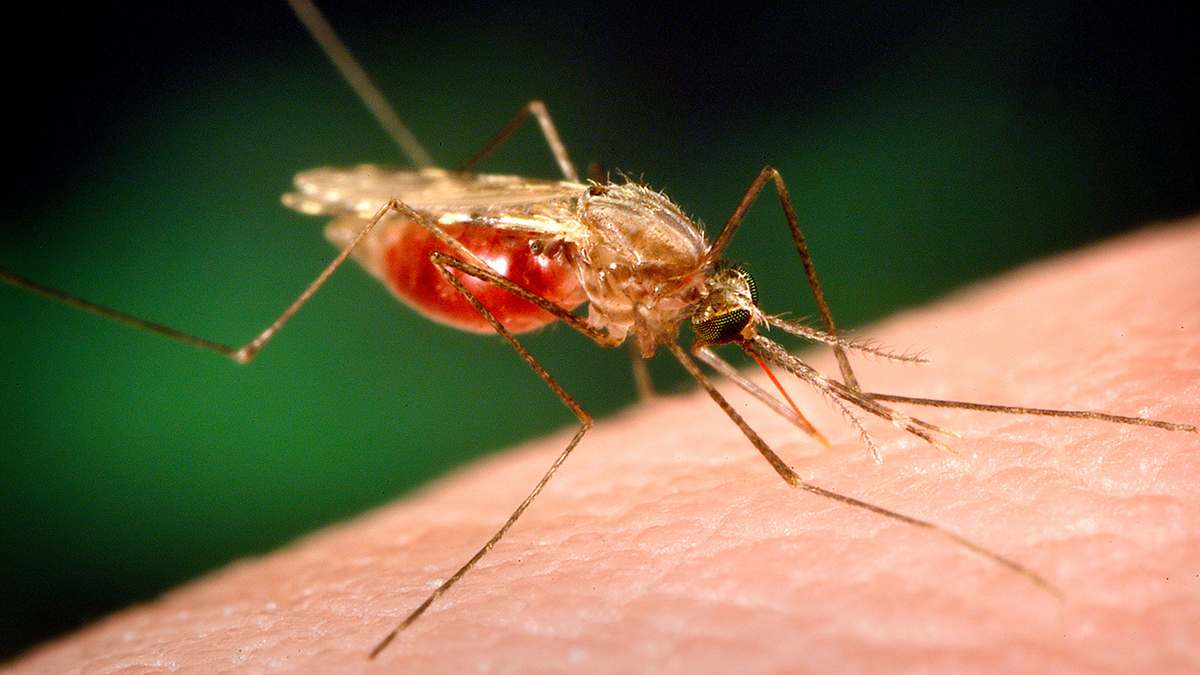Following fires that ravaged the island in 2023, researchers educated residents about how wildfires affect water quality, and gathered data to determine how wildfire impacts change over time.
public health
Burning Cow Dung Emits an Inordinate Amount of Air Pollution in India
Dried cow dung, a main source of household cooking fuel for many in rural India, releases more particulate matter across the country than wood and other biofuels.
Oil, Gas, and COVID-19
Early in the pandemic, people living near oil and gas wells experienced higher rates of COVID-19 and related mortality compared with those with no exposure to well pollution.
Helping the Most Vulnerable Stay Cool in Extreme Heat
Choosing the ideal location for air-conditioned cooling centers in cities facing dangerously high temperatures takes good population data and community engagement.
Como os Incêndios e o Clima Afetam a Saúde Pública de Portugal
Os investigadores analisaram os dados para examinar os efeitos dos incêndios florestais, dos poluentes e dos fatores meteorológicos na mortalidade e na saúde cardiovascular no país ibérico.
A Fuller Great Salt Lake Would Likely Narrow an Environmental Health Gap
Pacific Islander and Hispanic residents of Salt Lake City would benefit most from higher lake levels and reduced dust pollution.
Volunteers Track Parisian Pollution with the Help of Tree Bark
Participants in the Ecorc’Air project are using magnetic particles deposited on tree bark to reveal local traffic pollution patterns.
Das Oktoberfest—viel Bierzeltdunst und Methan
Unvollständige Verbrennung und biogene Emissionen—Atemausstoß und Flatulenz—machen das Oktoberfest zu einer starken, wenn auch zeitlich begrenzten Quelle des potenten Treibhausgases.
The Role of Community Conversation in Improving Air Quality
Collaboration between academic researchers and environmental justice organizations is key to mitigating emissions.
La transmisión de la malaria en África varía con el clima y la hidrología
Los datos sobre las precipitaciones por sí solos no pueden predecir dónde puede aparecer la malaria. Si se tienen en cuenta los procesos hidrológicos, los investigadores pueden hacerse una imagen más precisa de la transmisión.


